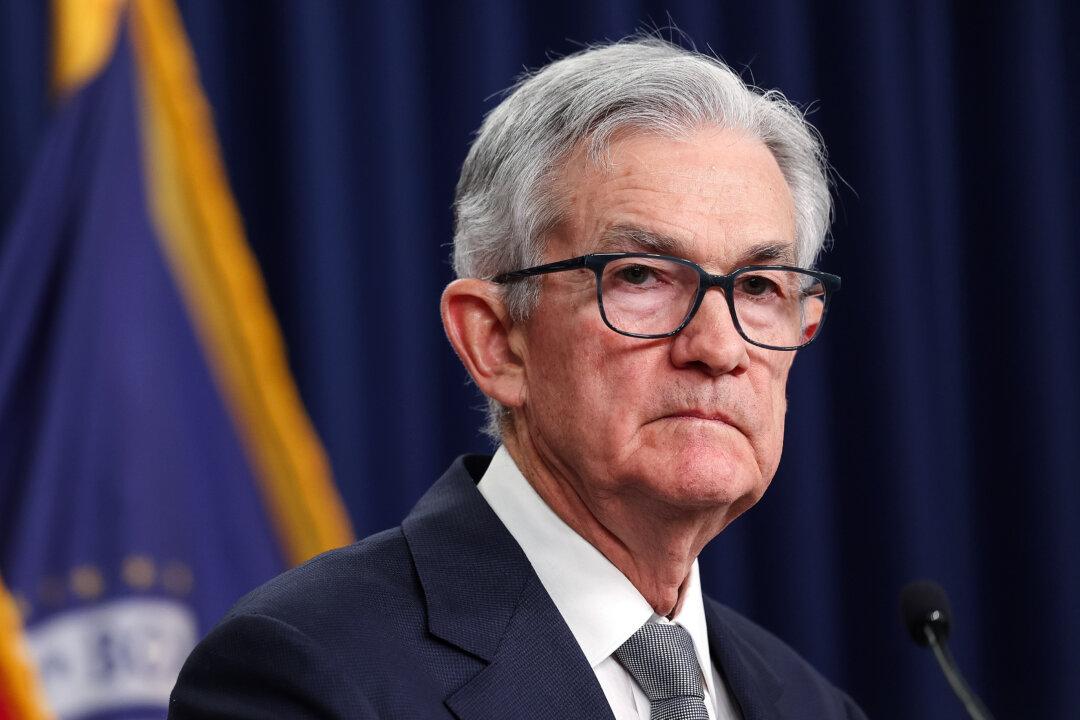With many constituents facing a cost-of-living crisis, 23 Democrats in the House and Senate are calling on Federal Reserve Chairman Jerome Powell to meet with them and draft a plan to lower interest rates immediately.
Led by the Congressional Progressive Caucus, which includes Sen. Bernie Sanders (I-Vt.) and Sen. Elizabeth Warren (D-Mass.), the lawmakers penned a letter to Mr. Powell arguing that high interest rates are no longer needed ahead of the Federal Reserve’s Board of Governors Federal Open Markets Committee (FOMC) meeting starting March 19.





